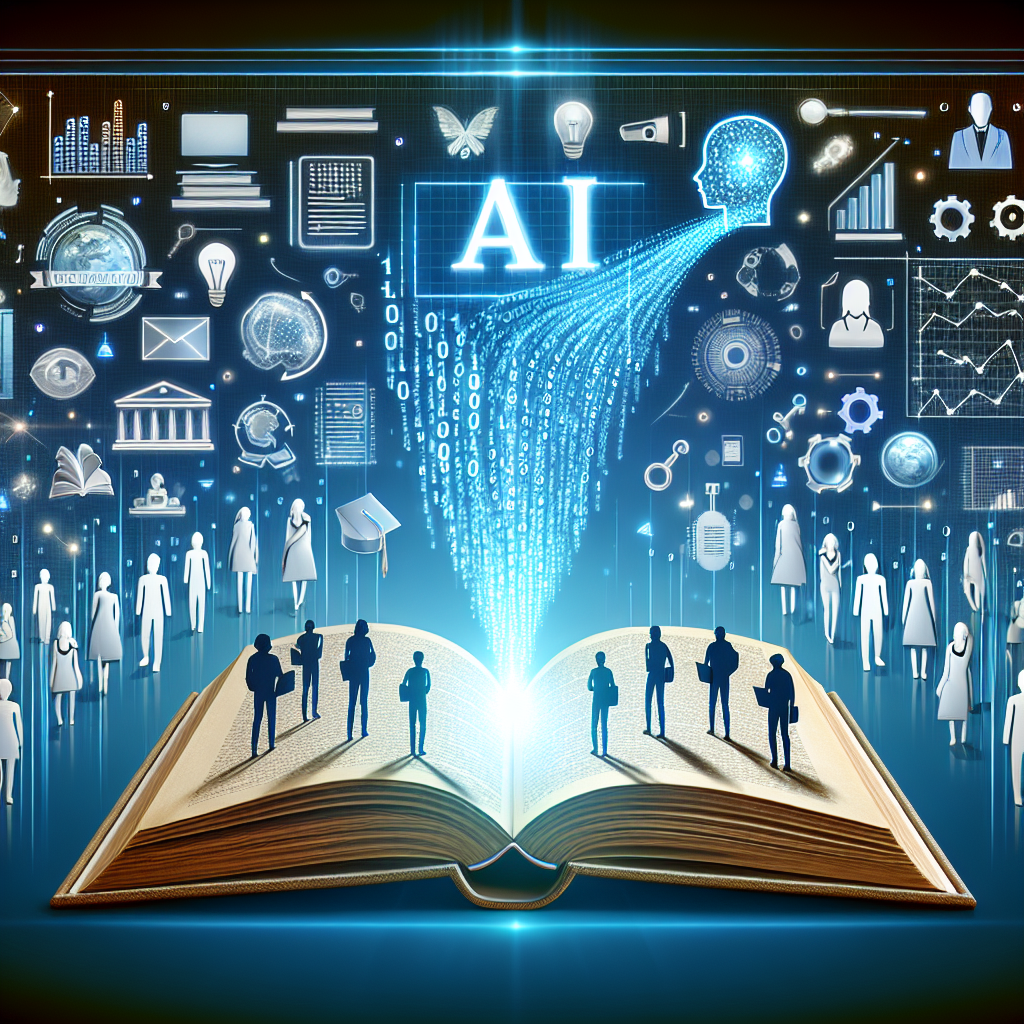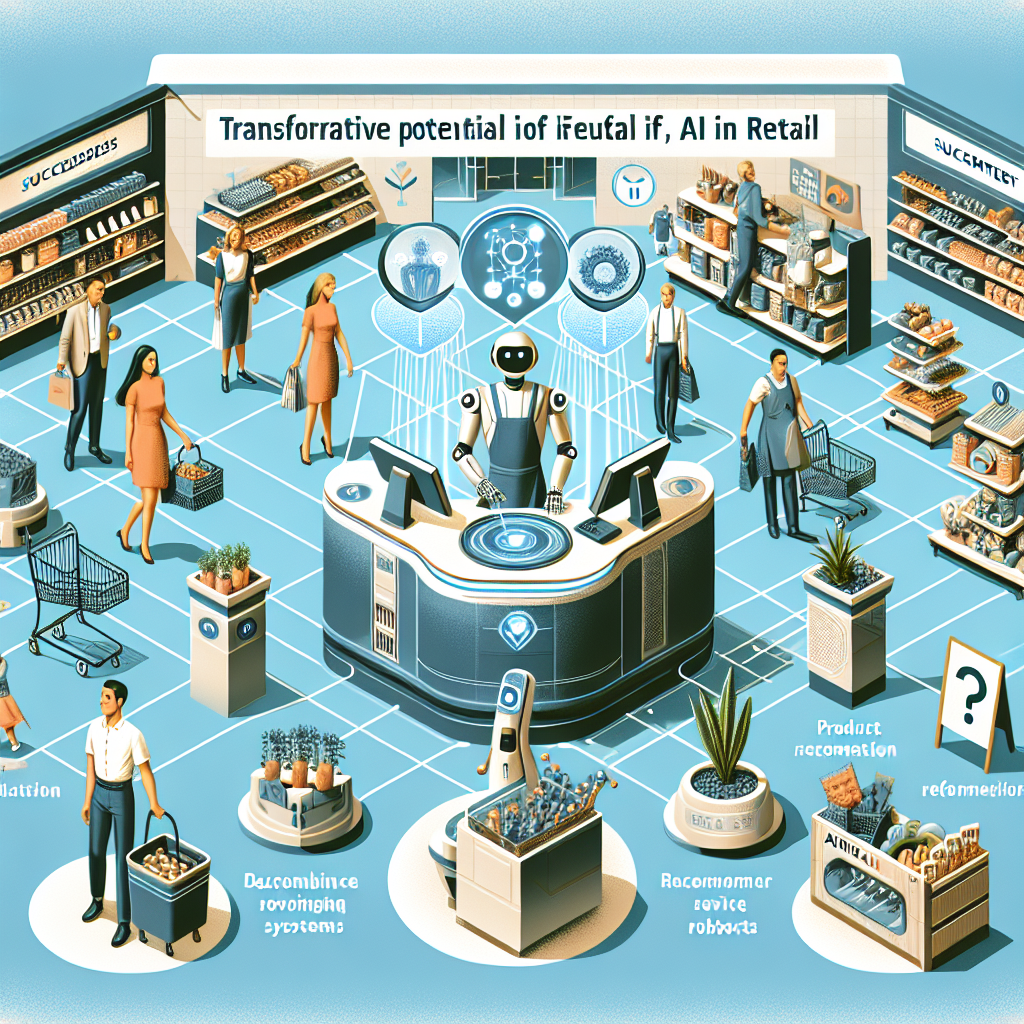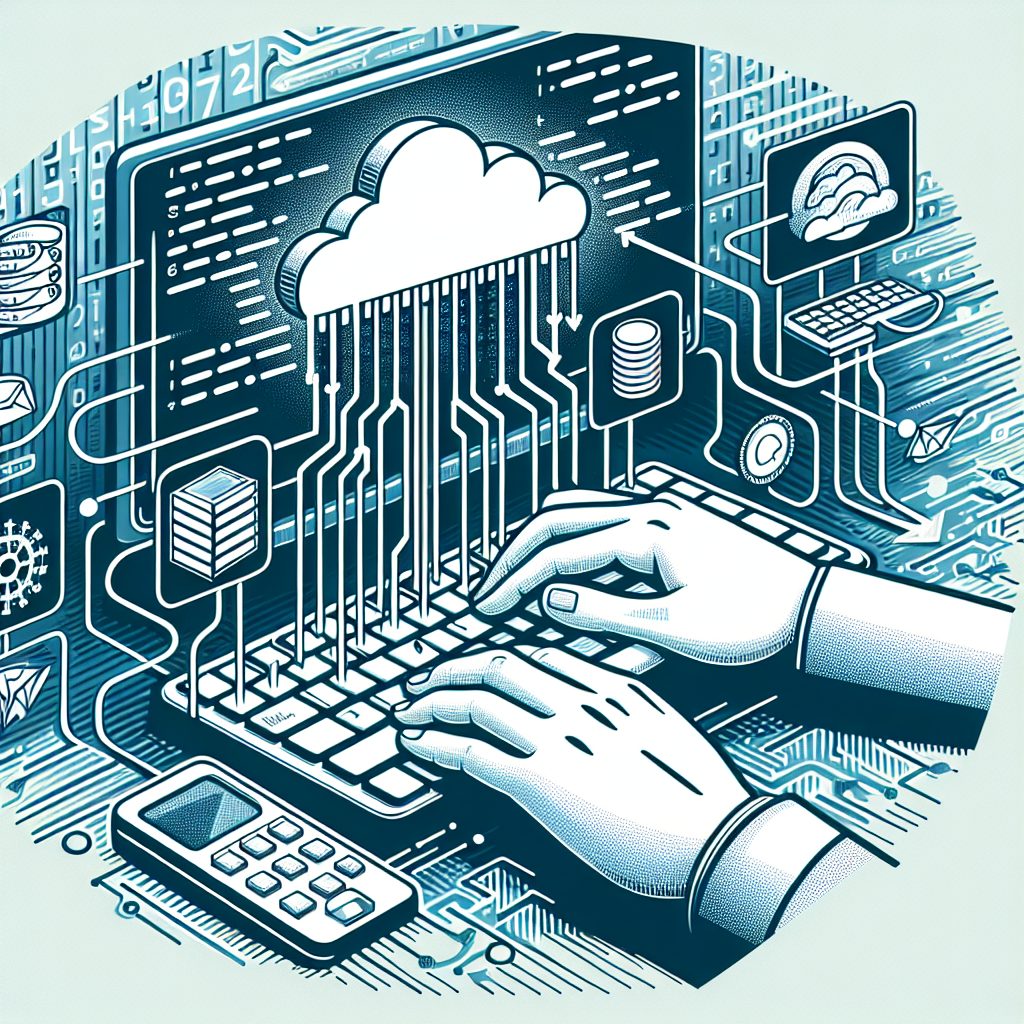AI in Education: Transformative Use Cases, Success Stories, and Lessons Learned

```html
Artificial Intelligence (AI) is reshaping multiple aspects of daily life, and the field of education is no exception. Innovative AI applications are enhancing learning experiences, streamlining administrative tasks, and providing personalized educational pathways for students. In this blog post, we'll explore various use cases of AI in education, share success stories, and evaluate lessons learned from past challenges.
Personalized Learning Experiences
One of the most notable applications of AI in education is the creation of personalized learning experiences. AI algorithms can analyze student data to identify strengths, weaknesses, and learning preferences, enabling tailored educational content and interventions. For instance, platforms like DreamBox use AI to adapt math lessons in real-time based on each student's performance.
However, the implementation of personalized learning is not without challenges. A school district faced issues when their AI-based learning platform created disparities among students due to biased data inputs. This case underscores the necessity of ensuring that AI systems are trained on diverse and representative data to avoid perpetuating biases.
Automated Administrative Tasks
AI is streamlining administrative tasks, reducing the workload for educators and allowing them to focus more on teaching. For example, tools like Gradescope employ AI to assist in grading by recognizing patterns and providing instant feedback, thus saving significant time and effort for instructors.
Despite its advantages, over-reliance on AI for administrative tasks can lead to issues. A university's experience with an automated grading system that provided inaccurate scores highlights the need for regular monitoring and human oversight to ensure accuracy and fairness in assessments.
Intelligent Tutoring Systems
Intelligent Tutoring Systems (ITS) powered by AI are revolutionizing how students receive additional support. These systems, such as Carnegie Learning's MATHia, provide step-by-step guidance and instant feedback, simulating one-on-one tutoring sessions. Studies have shown that ITS can significantly improve student performance and understanding of complex subjects.
However, these systems can sometimes struggle with understanding nuanced student inputs or providing appropriate responses to unexpected questions. For instance, a group of students became frustrated with an AI tutor that frequently misunderstood their problem-solving approaches. This situation underscores the importance of continuously refining AI systems to better understand student interactions.
Enhanced Access to Education
AI is playing a crucial role in improving access to education, particularly for students with disabilities. Tools like Microsoft's Seeing AI assist visually impaired students by describing their surroundings, reading text, and recognizing facial expressions. Additionally, AI-powered transcription services like Otter.ai provide real-time captioning, benefiting students with hearing impairments.
Despite the benefits, the deployment of AI to enhance accessibility can face hurdles. A school experienced setbacks when their AI-based speech recognition tool failed to accurately transcribe lectures with diverse accents, highlighting the need for inclusive design and extensive testing to cater to all user needs effectively.
Data-Driven Insights for Educators
AI is empowering educators with data-driven insights that inform instructional strategies and curriculum development. Learning management systems (LMS) like Canvas incorporate AI to analyze student performance and participation, providing actionable recommendations to enhance teaching practices.
However, the use of AI for data-driven insights requires careful consideration of data privacy and ethical implications. A district faced backlash when parents discovered that their children's data was being used without explicit consent. This incident highlights the importance of transparent data policies and robust security measures to protect student information.
The Future of AI in Education
The future of AI in education is promising, with potential advancements in virtual reality (VR) and augmented reality (AR) providing immersive learning experiences. AI-driven predictive analytics could further personalize education by anticipating student needs and proactively addressing learning gaps.
To fully realize AI's potential in education, stakeholders must focus on ethical AI practices, inclusivity, and ongoing collaboration between educators and technology developers. Ensuring equitable access to AI tools and addressing biases in AI models will be critical to fostering a more inclusive and effective educational landscape.
In conclusion, AI is transforming education by personalizing learning, streamlining administrative tasks, providing intelligent tutoring, enhancing accessibility, and offering data-driven insights. Success stories from platforms like DreamBox and Seeing AI highlight the transformative potential of AI, while lessons from challenges emphasize the importance of ethical considerations and continuous improvement. As AI technology evolves, its role in education will expand, paving the way for innovative and inclusive learning experiences.
```



